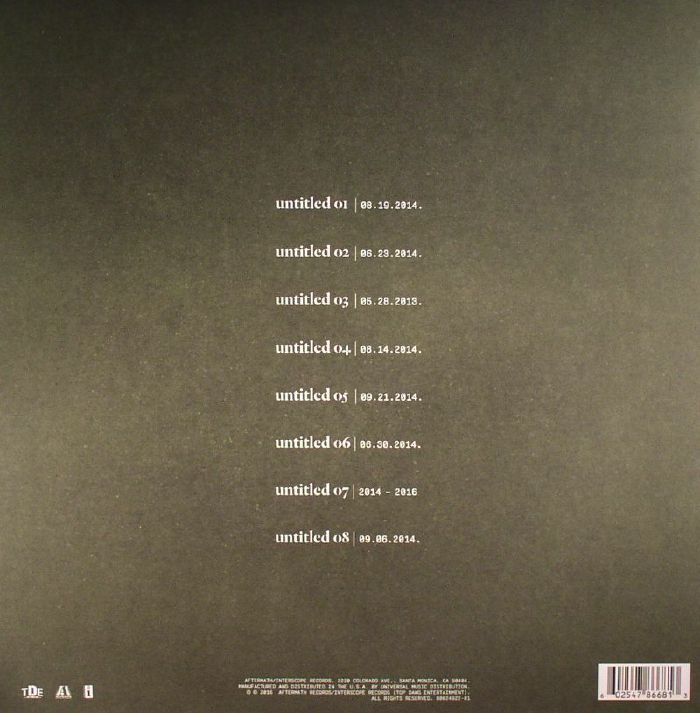
On Damn, just as on Butterfly and the b-sides collected on Untitled Unmastered, Lamar remains unable to enjoy his success, preoccupied by guilt, disillusionment with fame, and the suffering of others. But what is the Zeitgeist, the spirit of our time? Regression, repression, Nazis, and white supremacists emerging into the open, the feelings of nothing getting better compounded by the ravings of an uncaring, monstrous government hoisted into power by electoral technicality and manipulation.

This isn’t to say the album is bad, not by any stretch in fact, it’s probably the best hip-hop LP of the year by virtue of the rapper’s talent, the production’s excellence, and, above all, its perfect evocation of the Zeitgeist. Here, Lamar wants to prove he can deliver the same messages as his earlier work within and beyond a more mainstream style, and he absolutely succeeds.ĭespite this early show of strength, for the rest of the record Kendrick is not so confident. After Butterfly's quiet introspection, no one expected the new record to open with the brash, guttural “DNA.” It’s the hardest song Kendrick has ever done, a lion’s roar that begins with expressions of power - “ I got loyalty, got royalty inside my DNA” - and descends into rapid-fire, bass-boosted filth with a weaponized Rick James sample and the most ferocious bars the rapper has ever spit. For the new album, Lamar jettisoned the jazz and funk influences of Butterfly in favor of a dirty, scorched-earth sound that taps into more contemporary production techniques: 808 drums, trap rhythms, processed vocals. The album, Damn, follows up on the Compton artist’s 2015 masterwork, To Pimp a Butterfly, which distilled more than a century of African-American music and culture into a dense, literary, 78-minute exploration of identity, success, and survivor’s guilt.

Yet on his latest album, Lamar is deeply confused, suspicious, angry, and sad.

Many are needlessly deified in this hyperbolic age, but few are so deserving. In hip-hop, a field whose adherents constantly argue about which artist is truly the greatest, one could, with little controversy, call Kendrick Lamar the greatest living rapper. He is one of few artists who can turn a song about black resilience - "Alright" - into a radio hit and back to a protest anthem as activists chant his lyrics in the streets. On his ongoing arena tour, which rolls into American Airlines Arena September 2, thousands of fans scream along the words to his songs and leave him speechless with awe.

He has attained a level of cultural significance unique for a person of his age. His past three albums were unreserved critical and commercial successes.


 0 kommentar(er)
0 kommentar(er)
